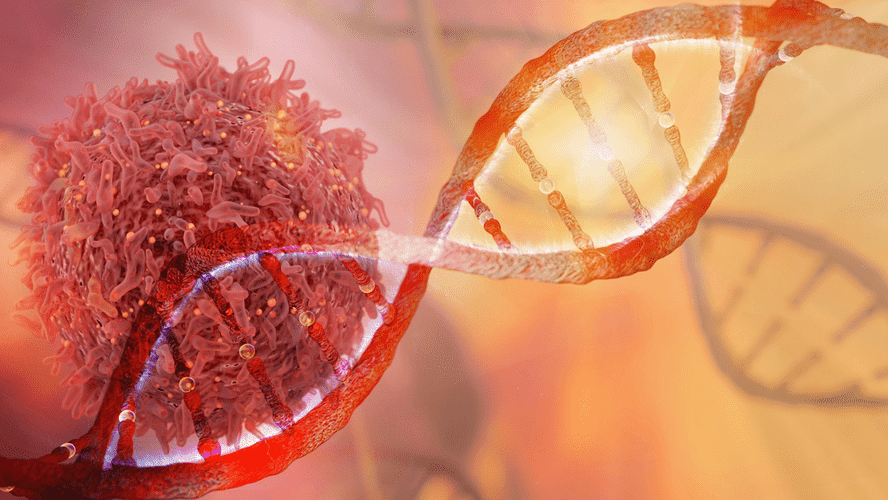For example, positive religious coping in the presence of struggle may moderate the impact of struggle on PTSD symptoms (e.g., Bjorck & Thurman, 2007), but in the absence of positive religious coping, may reflect a true absence of spiritual supports. Other cognitions that may predict spiritual struggle include pre-trauma self-appraisals (R. A. Bryant & Guthrie, 2007), attributional style (Gray et al., 2007), and coping self-efficacy beliefs (Benight & Bandura, 2004). The present findings suggest that trauma exposure results in PTSD symptoms in part through the negative cognitions of spiritual struggle. Spiritual struggle may relate to PTSD symptoms in complex ways, a consideration for future research evaluating causal direction. For instance, negative appraisals of the trauma could lead to initial symptoms of PTSD, and negative religious appraisals of the PTSD symptoms themselves could relate to their long-term maintenance. In support of the latter notion, theorists have speculated that psychopathology could impair religious functioning and give rise to spiritual struggles (Hill & Kilian, 2003).

You are merely instructed to be open to the idea that you are not the end all be all, that there exists out in the universe something that is greater or more powerful than yourself. However, you choose to interact with that higher power is also up to you. Whether you seek to engage in formal prayer, informal mental conversations, or merely by doing good and putting positive energy into the universe, there is no right or wrong way to pray to your higher power.
thoughts on “The Spiritual Malady”
But first, it’s crucial that you understand the difference between a spiritual experience and a religious one. While I could go on forever on the differences between these two ideas, I’ll keep it as simple as possible. Why Do I Sneeze When I Drink Alcohol? The spiritual aspects of recovery and the ‘God word’ can be an obstacle for many new folks trying to get sober. Hopefully the ideas included in this short writing show that there are many ways to approach these topics.
If you are spiritually unwell, you may feel like a leaf in the wind, aimlessly floating in the whirlwind of life. A spiritually ill person may seclude themselves and cut cords with real life. The following are signs and symptoms of spiritual illness to help you acknowledge that something has gone awry and needs higher intervention. Hank Wesselman explained that a person suffers from soul loss when they have lost the will to live. Just as Paracelsus said, fear is much more dangerous than the disease itself. Although spiritual awakenings are often part of the recovery process, obviously they are far from unique to people in recovery.
Events
For example, information processing theories implicate faulty processing of and cognitions about the trauma memory in the development and maintenance of PTSD (Foa & Kozak, 1986; Resick & Calhoun, 2001). Thankfully, the “spiritual malady” is no longer a “missing piece” of Step One for me. It is a reality of my powerlessness and unmanageability and enables me to see why I so desperately need to seek a Power Greater than myself. And unless this malady is recognized, and a course of action (the Twelve Steps) is taken to enable God to remove it, the root of our alcoholic illness can lie dormant and burn https://trading-market.org/recovery-gift-guide-sober-gift-guide/ us when we least expect it. When you ask them to describe what they mean by that statement, they seem to have a firm grasp on the fact that we alcoholics suffer from “an allergy of the body and an obsession of the mind” — that once I put any alcohol in my system whatsoever it sets off a craving for more alcohol. In step 10 of AA, the “world of the spirit” allows those with alcohol use disorder to move beyond the physical, emotional, and mental aspects of life, eliminating the ego and spiritual malady rather than remaining spiritually blocked from engaging with a higher power as you see it.
- Prior studies have not assessed subscales of spiritual struggle separately to isolate possible differences in relationships with PTSD symptoms, and subtle differences exist among expressions of spiritual struggle, which may result in unique relationships with PTSD symptoms.
- But in our quest to fill this void with any and everything we can think of, we completely miss that the only thing that can actually fulfill us a spiritual connectedness to something greater than ourselves.
- We tend to show up with a truckload of old ideas in this area and a lot of us consider ourselves to be atheists.
Because exposure to potentially traumatic events is common (Kessler, Sonnega, Bromet, & Hughes, 1995), the mechanisms through which post-traumatic stress disorder (PTSD) symptoms develop is a critical area of investigation (Ozer, Best, Lipsey, & Weiss, 2003). Among the mechanisms that may predict PTSD symptoms is spiritual struggle, a set of negative religious cognitions related to understanding or responding to stressful events. Although prominent theories emphasize cognitive factors in the development and maintenance of PTSD symptoms, they have not explicitly addressed spiritual struggle. The present prospective study tested the role of spiritual struggle in the development and maintenance of PTSD symptoms following trauma.